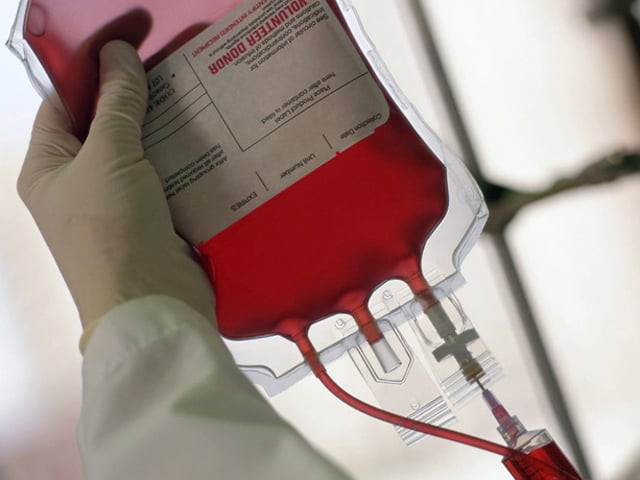For some reason, patients are completely unprepared. When a loved one is in a car accident, there has been no time to arrange for blood beforehand. Or, for that matter when a bomb goes off survivors rally together to get the wounded to the nearest hospital. Relatives and friends show up at the hospital dazed and confused, and the first thing they are asked to do is to “arrange blood.”
What follows, even under the best circumstances, is an ordeal. With life hanging in the balance, the patient's family starts calling everyone they know, looking for someone, anyone, who is A-Positive or O-Negative. And even when they do find someone with the right blood group, there are questions that remain: is the person who available to give blood, willing to give blood, and more importantly, is that person's blood safe?
The problem with such donations isn't just the last minute lack of availability. It is also the fact that a blood donor who happens to be relative or a friend of the patient is highly unlikely to disclose his complete medical history in such a high pressure situation. And, since the blood is from a 'known' source, the mandatory testing is often ignored. Most blood donations in our country are such last minute directed donations.
The question here is this:
If everyone has blood, and if the need for blood is constant, why do we wait until the very last moment to go looking for it?
There are a few excellent blood transfusion services in Pakistan. These blood banks collect blood from volunteers even when there isn't an emergency situation. The donors give blood knowing their blood will be given to someone who needs it. The blood is tested for infections such as HIV and Hepatitis, and stored safely for up to six weeks. Whenever a patient is in need of blood, it is issued, and the stock is replenished from more volunteer donors.
Research shows that volunteer blood donations are the safest of all. Such blood is given by choice, it has been tested for infectious agents and it is stored properly. Unfortunately, such donations make a very small percentage of the total blood donated in our country.
The problem is one of awareness and trust.
• People don't know how long blood can be stored safely.
• People don't know that one blood bag can easily help three different patients.
• People don't know others who will honour their trust and not misuse the blood that has been donated.
These are the challenges that will have to be faced as we gradually transform the blood supply in our country from event-based directed donations to volunteer donations.



COMMENTS
Comments are moderated and generally will be posted if they are on-topic and not abusive.
For more information, please see our Comments FAQ